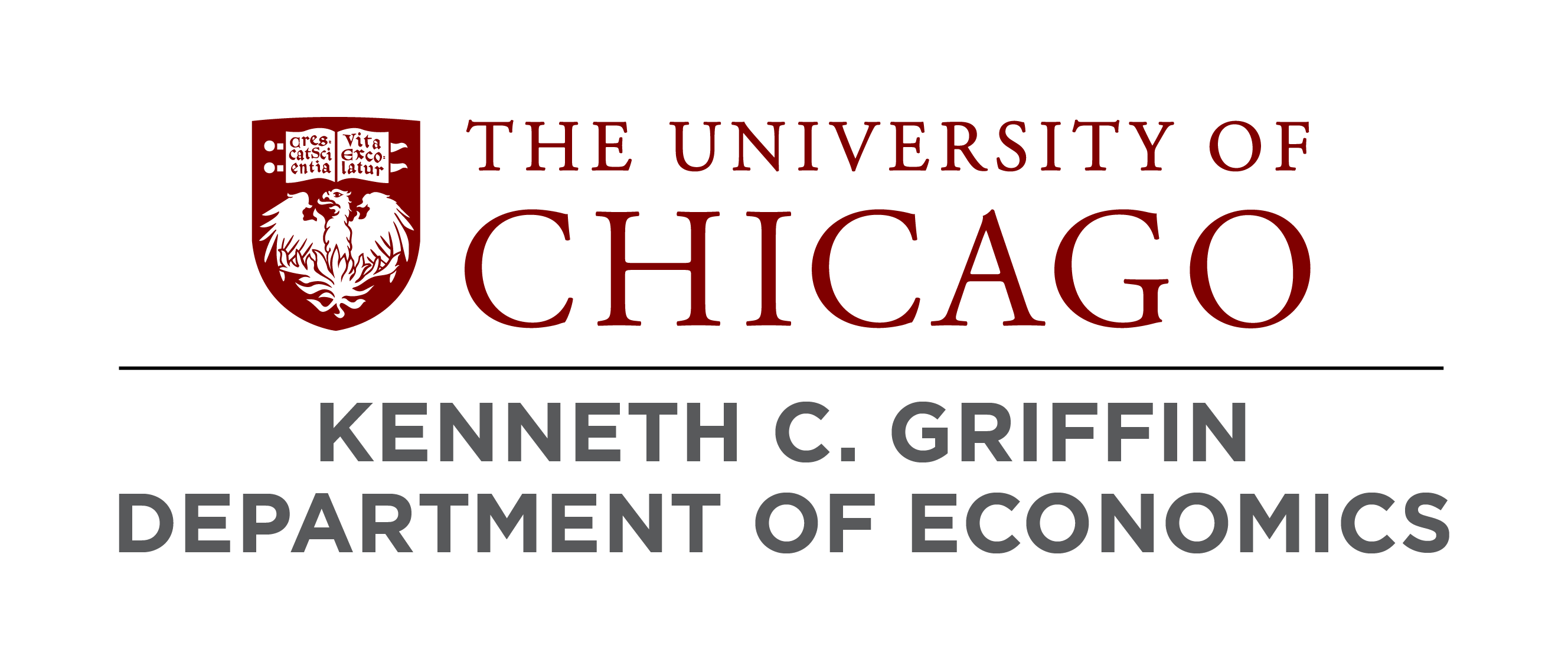Honors Workshop FAQ
Click on a question to see our answer. If this page does not answer your question, please contact Kotaro Yoshida.
- Complete the empirical methods sequence early: If you can, take more advanced courses in econometrics.
- Take electives courses: Familiarize yourself with the literature in a field of your interest. Discuss your ideas with the course instructor. Select elective courses that require writing a term paper or research proposal.
- Work as RA: Learn how research is conducted. Get to know your supervisor and their work. If you can, secure permission to use data for your own research.
- Collect data: Ideally, you should obtain data as soon as possible so that you can explore and analyze the data early. Obtaining data takes time, particularly if it involves human subjects (IRB process).
- Fall Quarter: Present your work in workshops and refine your research. Reach out to potential advisors as the research proposal improves.
- Winter Break: Use this time to finish collecting and cleaning data, secure faculty advisor, and begin empirical analysis if not already started.
- Winter Quarter: Continue your research and meet with Honors Workshop organizers (Victor Lima and Kotaro Yoshida) twice during the quarter (Week 3 and Week 7).
- Spring Quarter (Week 5): Submit your paper by Friday.
- Spring Quarter (Week 6-7): Present your results.
- Spring Quarter (Week 8): Submit the final paper by Friday.
- Choosing an Adviser:
- Make a list of economists on campus whose research interests align with your project. This includes faculty at the Department of Economics, Booth, Harris, Law School, Medical Center, etc.
- Schedule appointments with them to discuss your research idea and methodologies.
- Not all faculty members may agree to advise you, so be prepared to approach multiple advisers.
- As a benchmark, 25% of the previous cohort had not have identified a list of faculty by the beginning of the fall Quarter and 12.5% of them had already have an advisor who informally agreed.
- Working with an Adviser:
- Provide a research timeline. Sending a weekly report even without expecting a response can be beneficial.
Data acquisition is, by far, the most significant challenge students face in completing their theses. Start early to explore available data, assess accessibility, and secure it as soon as possible. Many students underestimate how long this process takes.
- Seek help early on. Your preceptor and fellow thesis writers can be valuable resources. Your preceptor can assist with data cleaning, debugging code, and computational issues.
- Do not hesitate to consult your adviser for guidance on research direction and methodologies.
- Start writing early. Documenting results and their interpretations clarifies your thinking and often economizes time. For useful tips in writing a research paper in economics, you can read John Cochrane’s "Writing Tips for Ph.D. Students" and Hal Varian’s “How to Build and Economic Model in Your Spare Time”, but keep in mind that these articles refer to a full-length paper/dissertation chapter.
- Utilize winter break efficiently to make significant progress.
- For useful tips in presenting economic research in a workshop, read Jesse Shapiro’s slides on “How to Give an Applied Micro Talk” but keep in mind that these are intended for a 90 minute presentation.
Meeting frequency can vary. Some participants met with their adviser once every few weeks, while others met less frequently (once a month or less). Discuss the meeting frequency with your advisor.
- 62.5% of the previous cohort either replicated results of an existing study or wrote a term paper and/or a research proposal in their coursework.
- 96% of the previous cohort indicated that they worked as research assistant part-time or full-time, on-campus or off campus.
- 66% of the previous cohort indicated that they have done an internship either in an economic consulting firm or in private sector.
- Prioritize seeking out relevant electives and research opportunities.
- Engage in independent research projects out of curiosity and consider internships like research assistantships to gain more experience.
- Commonly used languages include R/Stata, Python and Matlab. Some students also use C or C++.
- As a benchmark, 83% of the previous cohort identified themselves as proficient or as comfortable with most tasks using the computer language that they identified.
- Students reported learning these languages through coursework, research projects, or self-study.
- Address computational demands by securing appropriate software and hardware resources early on.
- Seek technical assistance from your peers or preceptor, if needed.
- Secure a faculty advisor early and ask them to apply for access to resources available at the Research Computing Center (RCC) on your behalf.
- Computational demands.
- Finding data and formulating unique contributions.
- Translating theoretical knowledge to empirical research.
- Deciding what to exclude from the thesis.
- As a benchmark, 22% of the students in the previous cohort dropped the Honors Workshop, mostly at the end of the Winter Quarter.
Your faculty adviser and workshop organizers will evaluate your thesis. If your grade is A or A-, you will graduate with honors. If your grade is below A-, you will be registered for Econ 29700: Reading and Research retroactively in the quarter of your choice.
- Seeing a project through to completion.
- Gaining confidence in research abilities.
- Engaging with faculty and peers to discuss and refine ideas.
- Inventing something new and contributing to the field.
Based on what the previous cohort reported, here are the common paths:
- Working in private-sector jobs (e.g., banking, consulting).
- Becoming a predoctoral research associate.
- Attending professional schools or MA programs.
- Pursuing a PhD program.
 THE UNIVERSITY OF CHICAGO
THE UNIVERSITY OF CHICAGO

